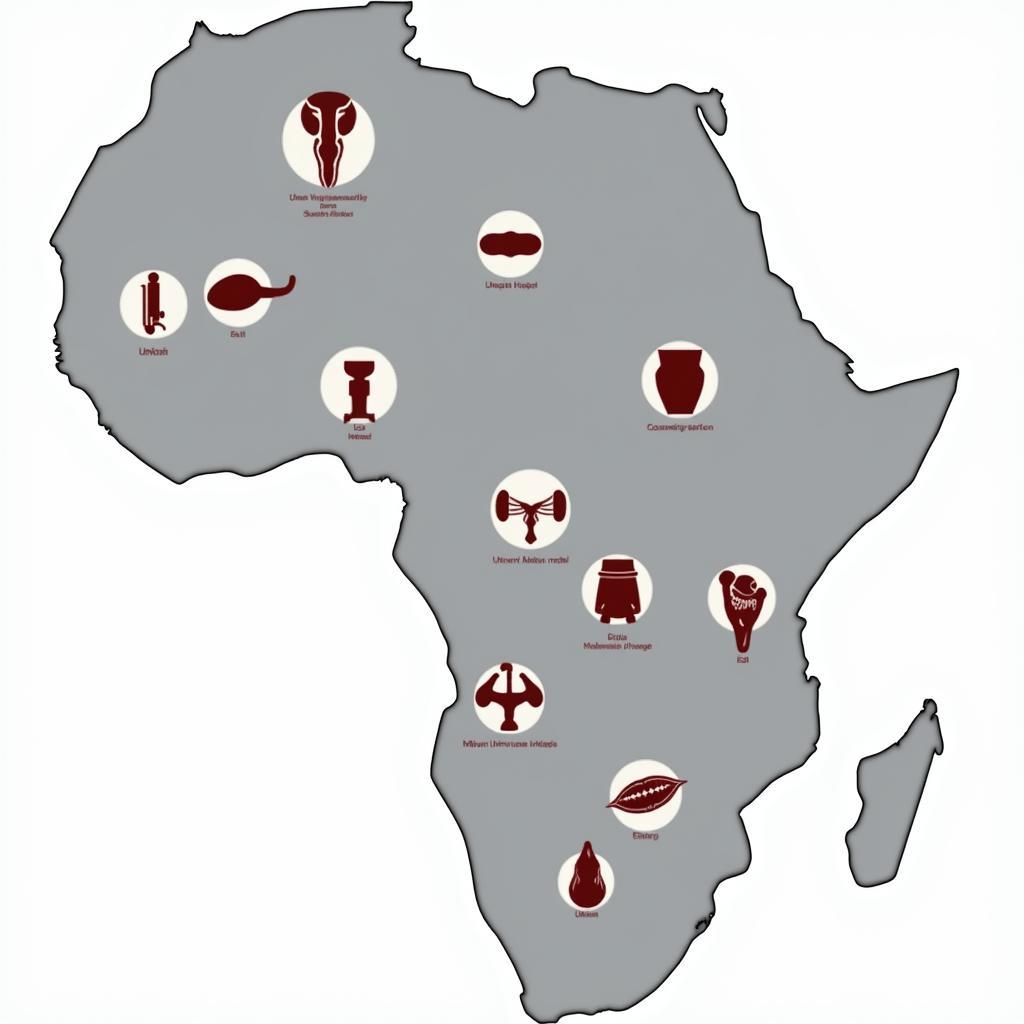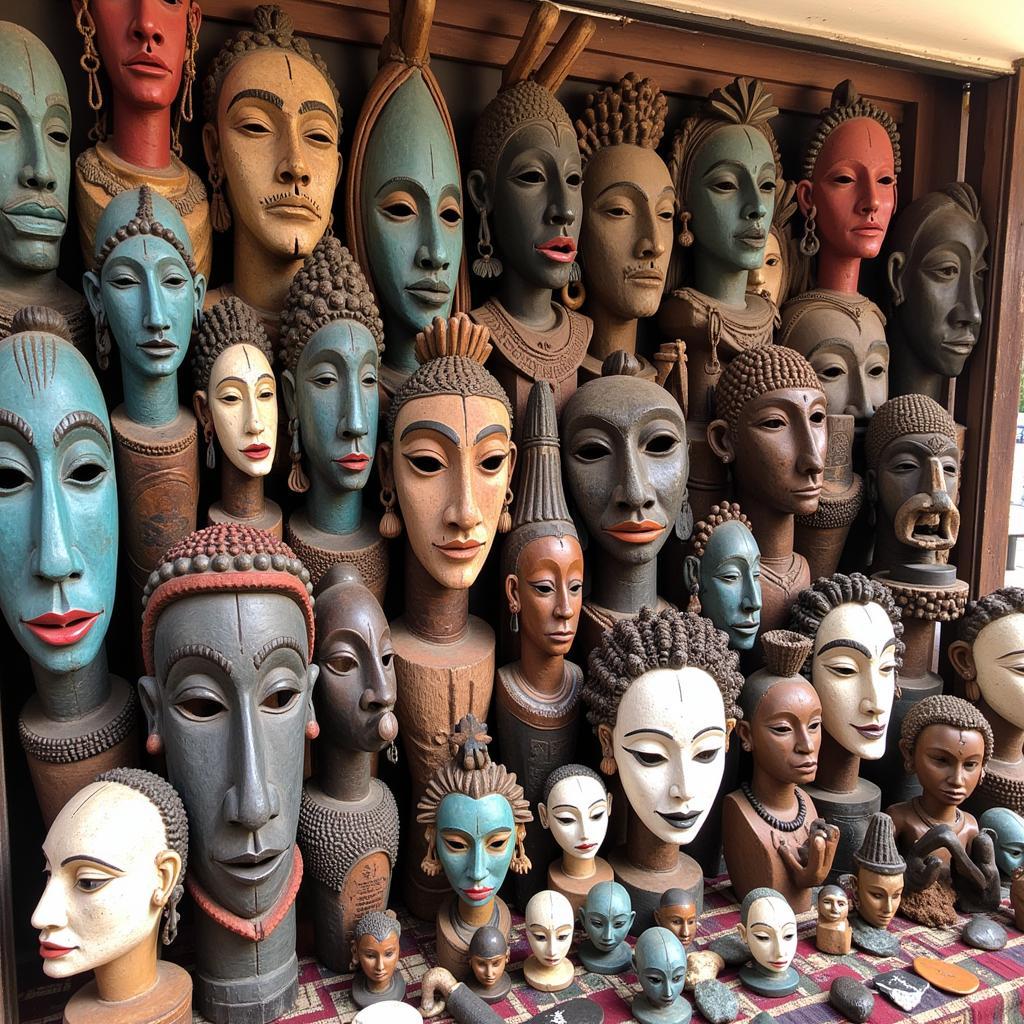African Charity: Improve Education and Empower Lives
African charity initiatives focused on improving education are vital for the continent’s future. These programs address critical needs, from providing basic school supplies to building new schools and training teachers. They empower individuals, communities, and entire nations by fostering literacy, critical thinking, and skills development. african charities uk are among those making a difference.
The Power of Education: Transforming Lives Through African Charity
Education is a fundamental human right and a catalyst for positive change. In Africa, access to quality education faces numerous challenges, including poverty, limited resources, and social inequalities. However, numerous dedicated African charities are working tirelessly to improve education and create opportunities for a brighter future. They recognize that education is the key to unlocking potential, breaking cycles of poverty, and fostering sustainable development.
These charitable organizations employ diverse strategies to enhance education across the continent. They provide scholarships to underprivileged students, construct schools in underserved communities, train and support teachers, develop innovative educational programs, and promote community involvement in education. They understand that a holistic approach, addressing both access and quality, is crucial for maximizing impact.
How African Charity Improves Education: A Multifaceted Approach
African charities adopt a multifaceted approach to address the complex challenges surrounding education. They recognize that education is not simply about providing access to classrooms; it encompasses various crucial elements:
- Access to Resources: Many charities focus on providing basic school supplies like textbooks, notebooks, and pencils to students who cannot afford them. They also work to improve school infrastructure by building new classrooms, libraries, and sanitation facilities.
- Teacher Training and Support: Recognizing the vital role of teachers, these organizations invest in training and professional development programs for educators. This ensures that teachers have the necessary skills and knowledge to deliver quality instruction.
- Community Engagement: African charities understand the importance of community involvement in education. They work with parents, community leaders, and local organizations to create a supportive learning environment and ensure the sustainability of their programs.
- Curriculum Development: Many organizations develop innovative educational programs that are tailored to the specific needs of African communities. This may include incorporating local languages and cultural contexts into the curriculum.
Addressing Key Challenges: Poverty, Gender Inequality, and Conflict
African charity organizations tackle head-on the significant challenges hindering education across the continent:
- Poverty: Poverty is a major barrier to education, preventing many children from attending school due to financial constraints. Charities offer scholarships, financial aid, and school feeding programs to address this issue.
- Gender Inequality: Girls often face disproportionate barriers to education in Africa. Charities actively promote girls’ education and empower young women through targeted programs. african girl dying highlights the severe consequences of lack of access to healthcare and education.
- Conflict and Displacement: Conflict and displacement disrupt education systems and force many children out of school. Charities work to provide educational opportunities to refugees and children affected by conflict.
The Impact of African Charity: Empowering Individuals and Communities
The work of African charities dedicated to improving education has a profound impact on individuals, communities, and the continent as a whole:
- Empowered Individuals: Education equips individuals with the knowledge and skills they need to pursue their dreams, secure employment, and contribute to society. It fosters critical thinking, problem-solving abilities, and self-confidence.
- Stronger Communities: Educated communities are better equipped to address local challenges, promote economic development, and advocate for their rights. Education strengthens social cohesion and fosters civic engagement.
- Sustainable Development: Education is a cornerstone of sustainable development. It contributes to economic growth, reduces poverty, improves health outcomes, and promotes peace and stability.
How You Can Support African Charities Improving Education
There are numerous ways you can contribute to the efforts of African charities working to improve education:
- Donate to reputable organizations: Research and choose charities with a proven track record of success and transparency. african american community foundation and african american charities are examples of organizations focused on community development.
- Volunteer your time and skills: Many charities welcome volunteers who can offer their expertise in areas such as teaching, fundraising, and project management.
- Spread awareness: Share information about the importance of education in Africa and the work of charitable organizations with your networks. african kids running captures the energy and potential of African youth.
- Advocate for policy changes: Support policies that promote education and development in Africa.
In conclusion, African charity initiatives focused on improving education are crucial for transforming lives and building a brighter future for the continent. By supporting these organizations, we can empower individuals, strengthen communities, and contribute to sustainable development. African charity, specifically focusing on improving education, is an investment in hope and a catalyst for positive change.
When you need assistance, please contact us: Phone Number: +255768904061, Email: kaka.mag@gmail.com, or visit our address: Mbarali DC Mawindi, Kangaga, Tanzania. We have a 24/7 customer service team.



